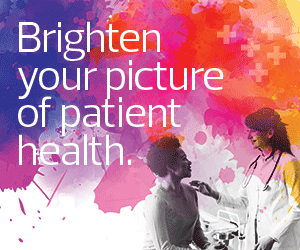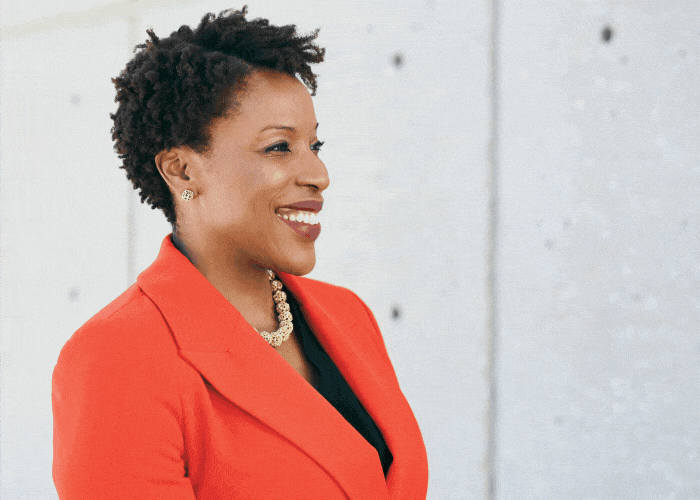HEALTHTECH: What would you say were the top three lessons you learned during the first year in your new role?
ENEANYA: It's been a great year. For lesson one, as someone coming from a different part of the U.S., ingraining yourself and getting to know the people and the culture of the organization that you’re in, that’s important to determine the change readiness of an organization. You can't necessarily apply your previous experiences as a one-size-fits-all to your new role. So, really learning about Emory Healthcare, learning about Atlanta, learning about the history of Georgia, the political climate — that was an important lesson.
The second lesson is that change is exciting. There's a lot of trepidation with change, and part of being effective with change management and transformation is really garnering excitement. If you are exuding any type of apprehension, that will spread like wildfire.
The third lesson that continues to be pervasive in my career is that health equity is poorly understood. You have to meet people where they're at. You have to start with the basic foundation and concepts of health equity before you can make initiatives, otherwise people won't understand what you're doing, and they might have a visceral response to what you're doing because of the misinformation around health equity.
HEALTHTECH: How do you balance patient and clinician expectations for health equity?
ENEANYA: Education is all around; it's 360 degrees. Even patients are not aware that, for instance, 80% of factors that drive clinical outcomes happen outside of the walls of a healthcare institution. They may be struggling with some social factors, such as their housing or access to insurance or even violence inside or outside of their homes, and they have no idea that that's going to link to their clinical outcomes. You have to educate people about what that means and how they are deserving of the highest quality care, regardless of who they are.
That education has to be a starting point, because people may not be feeling worthy or they may be feeling embarrassed about their situation. I think building that trust with the patient is critically important when you're treating that patient and making sure that they have the best outcome for them.
Clinicians should also receive education about how to act appropriately when a patient has a bad outcome. Leveling premature judgments on patients can reverse any trust that is built when you're trying to develop these relationships. Educating patients and clinicians about why there are health inequities can better foster an empathetic environment and help draw from different resources that can help meet patient needs.
DISCOVER: How is Patient Room ‘Next’ an evolution of care delivery?
HEALTHTECH: How is Emory Healthcare approaching AI advancements? What is being implemented now? What will be implemented in the future?
ENEANYA: Having clinical algorithms that can take any administrative or cognitive burden off the table so that clinicians can focus on the patient and return that TLC touch to the clinical encounter should be a goal for bringing on these technologies.
At Emory, we have, for instance, an ambient listening software for the clinical encounter, so that instead of typing at the computer or writing down notes, clinicians can just have conversations with patients as the AI tool listens in the background and transcribes notes. It takes away that administrative burden that clinicians have at the end of the day called “pajama time,” where they're trying to finish their notes to meet compliance and regulatory standards. We've seen a decrease in pajama time and increased clinician satisfaction.
It would be great to leverage that technology to do even more for the patient. For example, what if, when a patient is nervous during the clinical encounter and they miss key things or they need to share information with a caregiver, they could receive a voice note so they could listen to that important information on their own time again? These are some of the technologies that we are considering and talking about to really optimize care.
In general, algorithms are not new to patient care. We have equations that are built into, for instance, lab values that help direct care. There's one in nephrology that is well known called eGFR, and it’s a way to quickly assess how well a patient's kidneys are doing. There are many algorithms like that.












